Leah Remini has made it her mission to bring the Church of Scientology to its knees. However, the former member’s defamation and harassment suit against the church suffered a serious loss on March 12 due to First Amendment grounds.
Remini’s harassment claims, “allegations of surveillance,” and the tortious interference claim remain in the case going forward, but part of the case seems to be dead in the water.
First Amendment Defense Strikes Ex-Scientologists Defamation Case
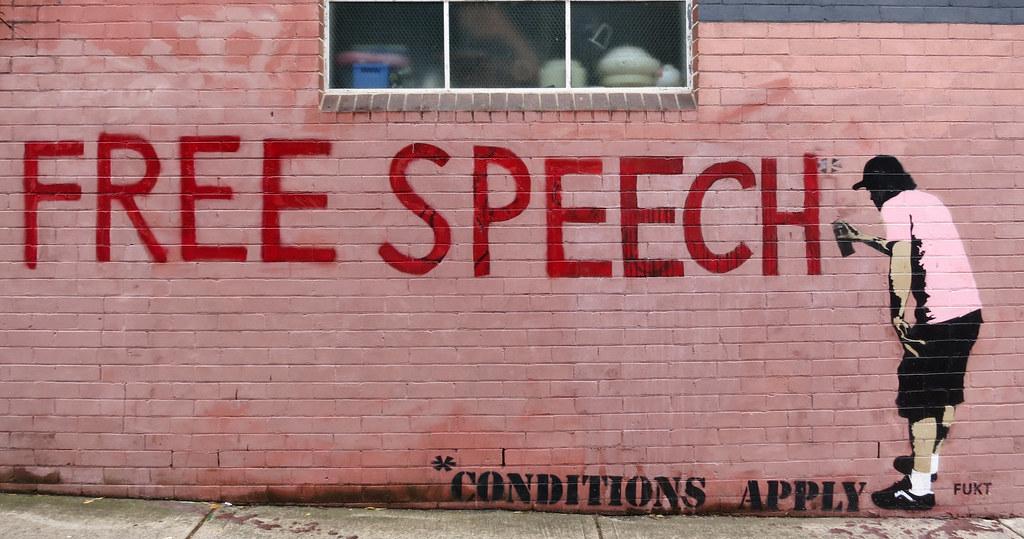
On March 12, Los Angeles Superior Court Judge Randolph Hammock ruled that the David Miscavige-led organization showed significant portions of the ex-Scientologist’s actions to have the defamation case stricken on the grounds of the First Amendment.
This ruling doesn’t come as a surprise to those who have been following the case and allegations from the former Scientologist member.
Judge Hammock’s Ruling

“This is not a private dispute,” Judge Hammock wrote in his official decision. “When viewed in context, the First Amended Complaint plainly demonstrates that the alleged statements Defendants made about Plaintiff online implicate a broader public dispute over Plaintiff’s relationship with Scientology.”
He adds to the end of his statement: “The online posts are themselves a part of the public’s interest in Plaintiff and Scientology.”
Church of Scientology Utilizes California’s Free Speech Assertions to Fight Back
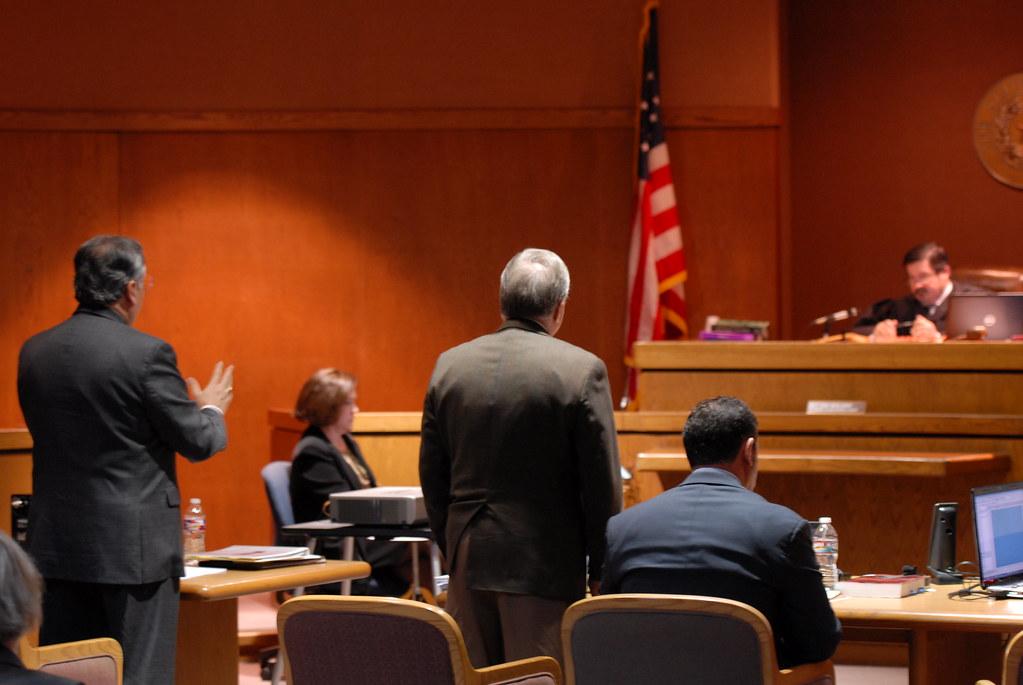
This ruling won’t affect Remini’s entire case, which has a trial start date of October 27. In 2025, the Church of Scientology successfully used California’s anti-SLAPP statute and Free Speech assertions to fight against one of Remini’s accusations.
It seems that the defamation between Remini and the Church of Scientology took place in a public space, which is why the First Amendment protects the plaintiff.
Judge Hammock on Defendants’ Protected Activities

“By engaging in the back-and-forth, purposely public battle against each other, the parties have made the issue one of significant public interest,” Judge Hammock contends.
Judge Hammock continued: “Therefore, Plaintiff’s allegations concerning Defendants’ online statements about [sic] ‘arise from’ Defendants’ protected activities. Defendants have therefore met their burden for the speech implicated in these portions of the First Amended Complaint.”
The Church Seeks Legal Fees
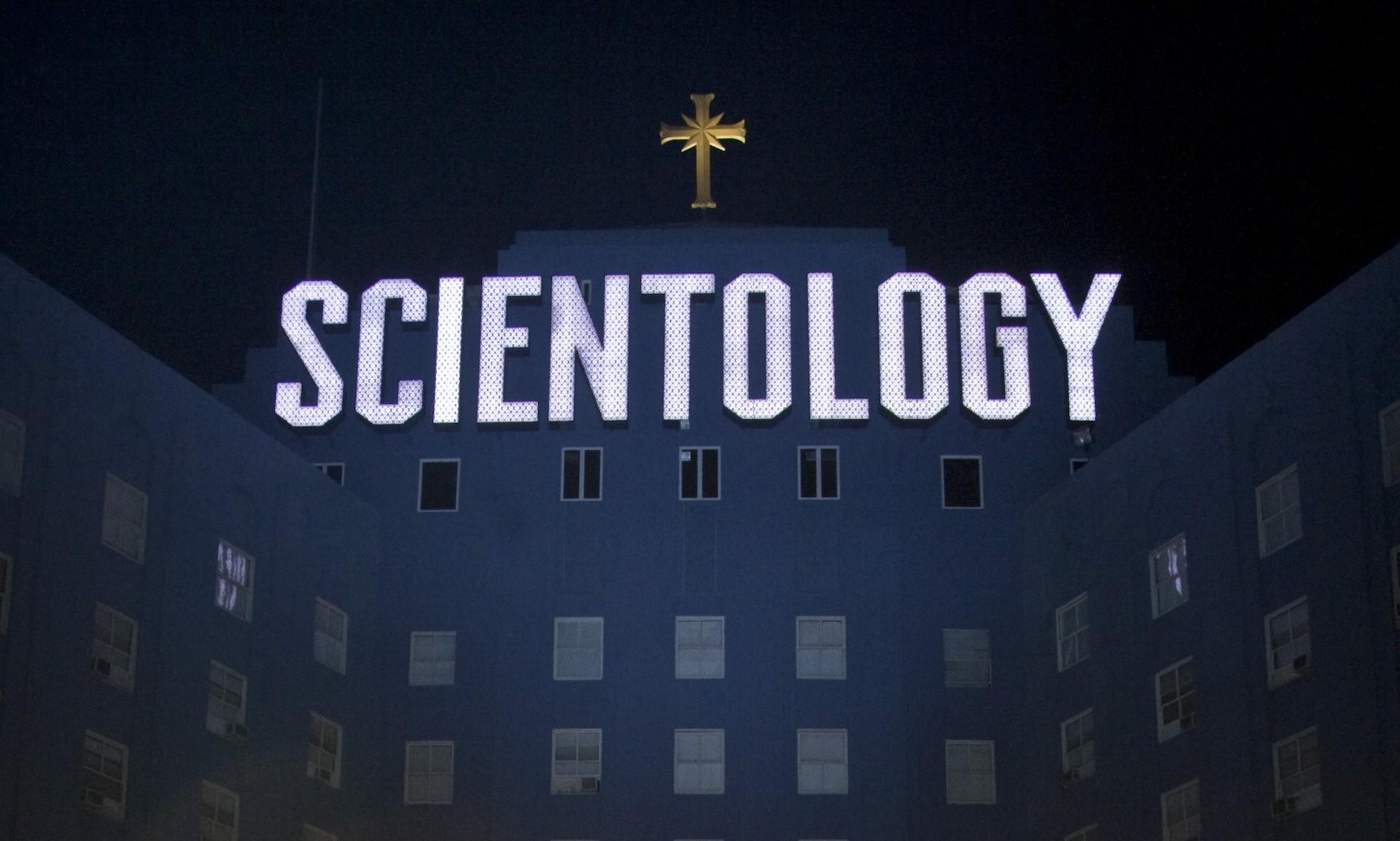
“This is a resounding victory for the Church and free speech’s complaint was gutted,” the Church of Scientology said in a statement after Judge Hammock’s final ruling.
“The Church is entitled to its attorney fees and will be seeking them,” the Church added. Deadline adds that the church is entitled to the legal fees that the case has cost them.
Judge Hammock Will Determine This at a Later Hearing
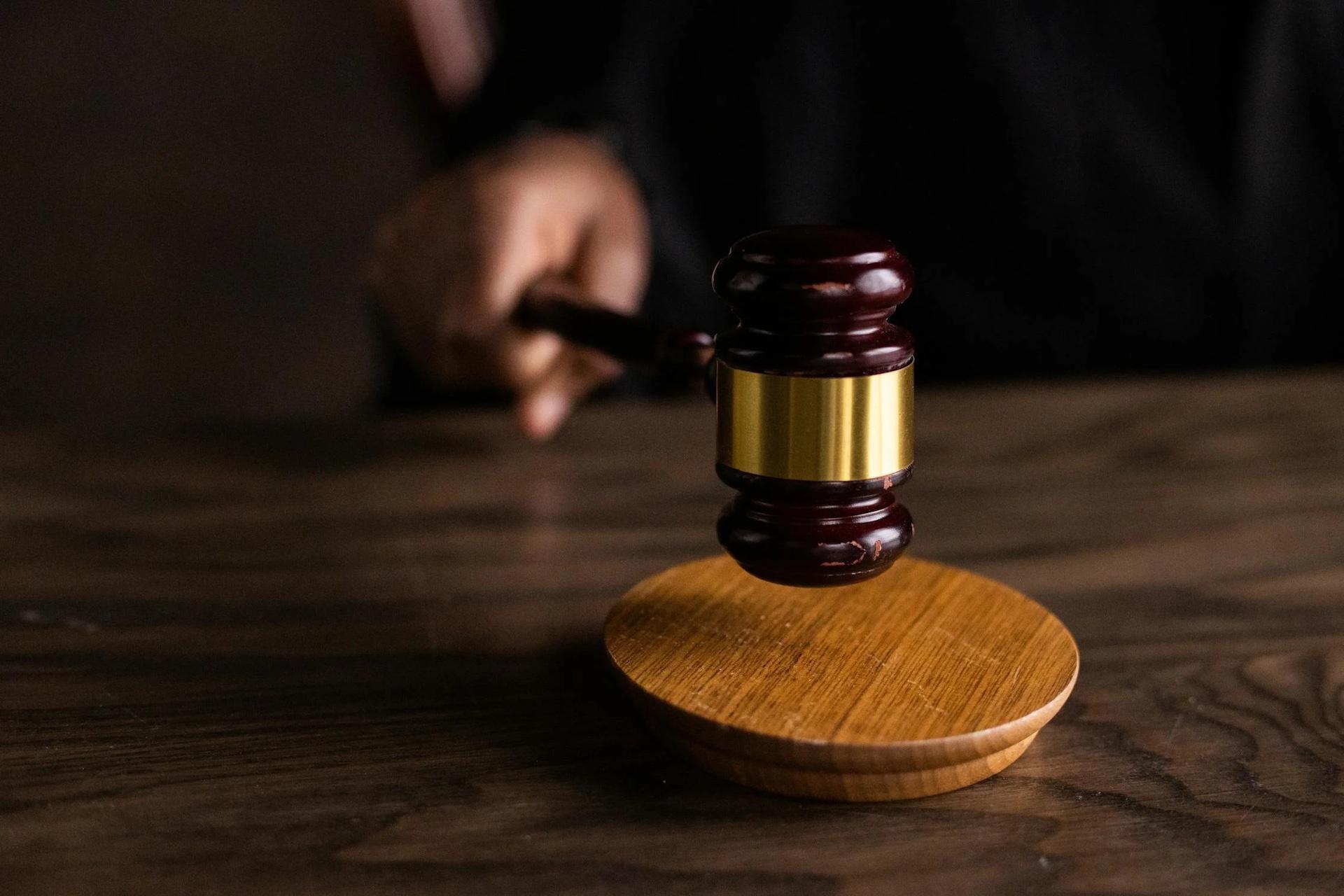
Judge Hammock understood the mixed nature of his ruling, he stated that “any party may file a notice motion for attorney’s fees and costs if they elect to do so.”
His statement continued: “This Court makes no finding at this time whether there actually is such a right to attorney’s fees and costs by any party. The right to such attorney’s fees aid costs, and the amount thereof (if applicable) will be determined at any hearing on a noticed motion.”
Remini’s Criticism Toward the Church of Scientology
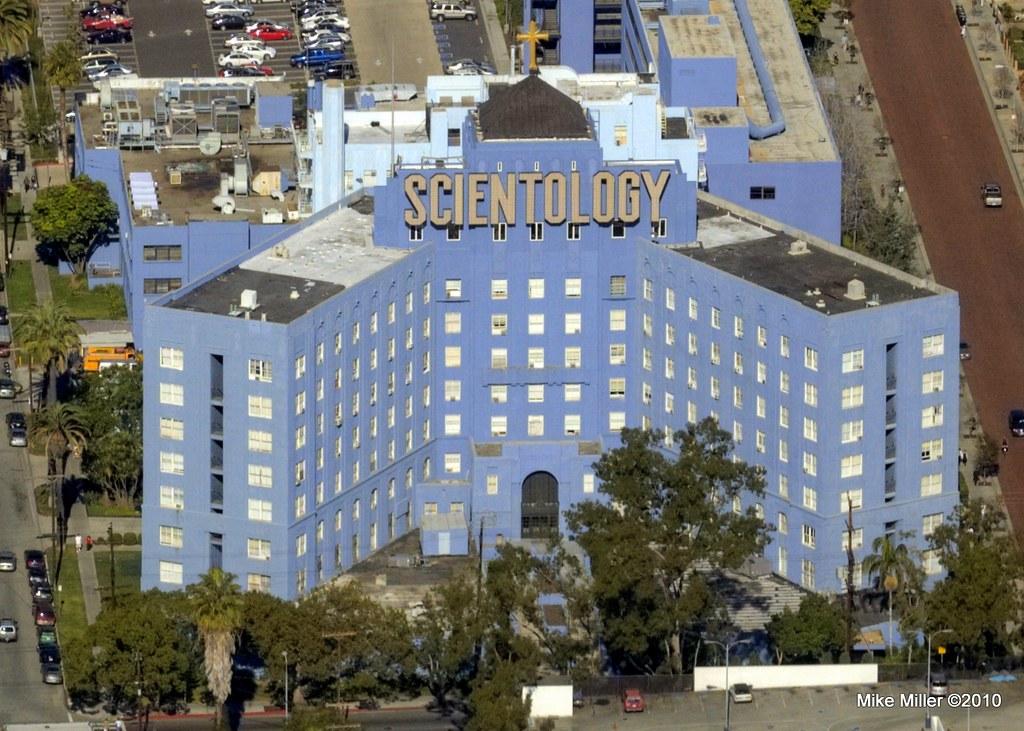
Remini has been one of the biggest critics of Scientology since leaving the Church in 2013. In 2015, Remini published her bestselling memoir, “Troublemaker: Surviving Hollywood and Scientology,” where she detailed her experiences within the church and her reasons for leaving.
She has also co-hosted and co-produced the A&E documentary series, “Leah Remini: Scientology and the Aftermath,” and has frequently spoken out against the church in interviews and on social media.
Taking on Scientology’s Leadership, Facing Online Trolls, and Seeking Justice

Remini’s multi-claim filing alleges that Scientology harassed and defamed her and that she would be seeking unspecified damages.
Scientology’s Aggressive Response to Leah Remini
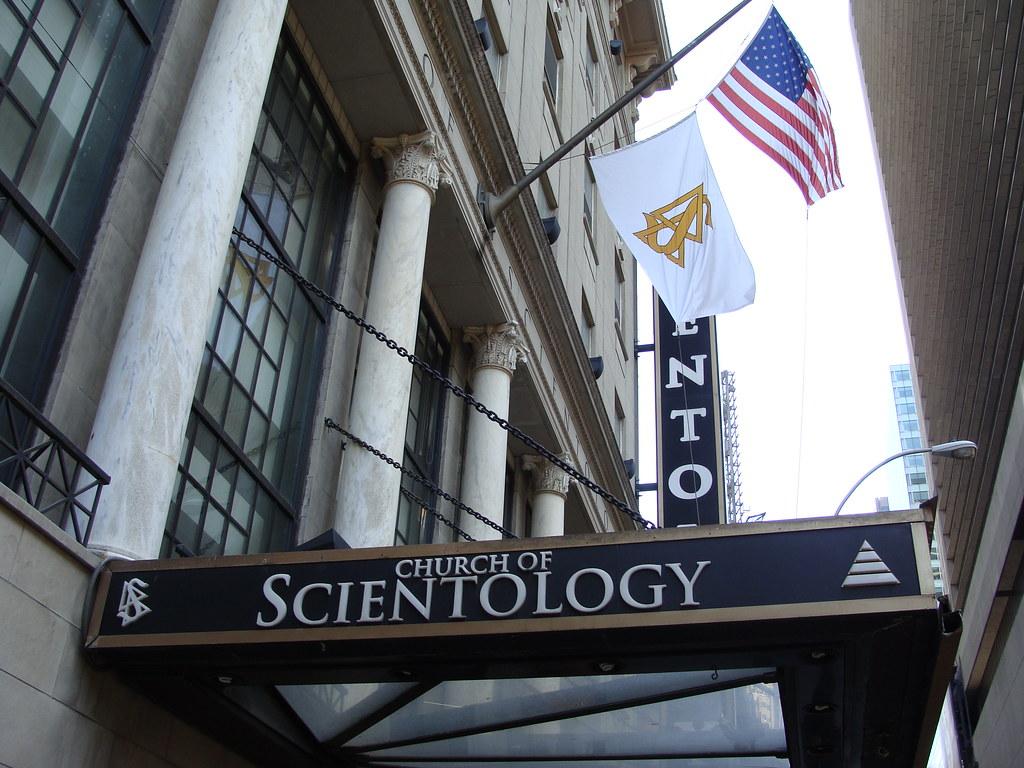
In response to her multi-claim filing, Scientology accused Remini of being “a horrible person” and a hate-speech-spewing “bigot,” (via Deadline).
Scientology’s statement concludes with a stance of playing offense rather than defense against its critics. “The Church is not intimidated by Remini’s latest act of blatant harassment and attempt to prevent truthful free speech. If Remini does not believe in free speech, then she should consider emigrating to Russia.”
Remini’s Claims of Interference in iHeartMedia Contract

While this loss might hurt Remini in the long run, the LASC judge states that there is still some merit to some of her claims of “tortious interference as it pertains to the iHeartMedia contract.”
This is about the claims of stalking and harassment to members of the iHeartMedia production team that helped produce her and ex-church enforcer Mike Rinder’s 2021-2022 podcast, “Scientology: Fair Game.”
Remini’s Silver Lining
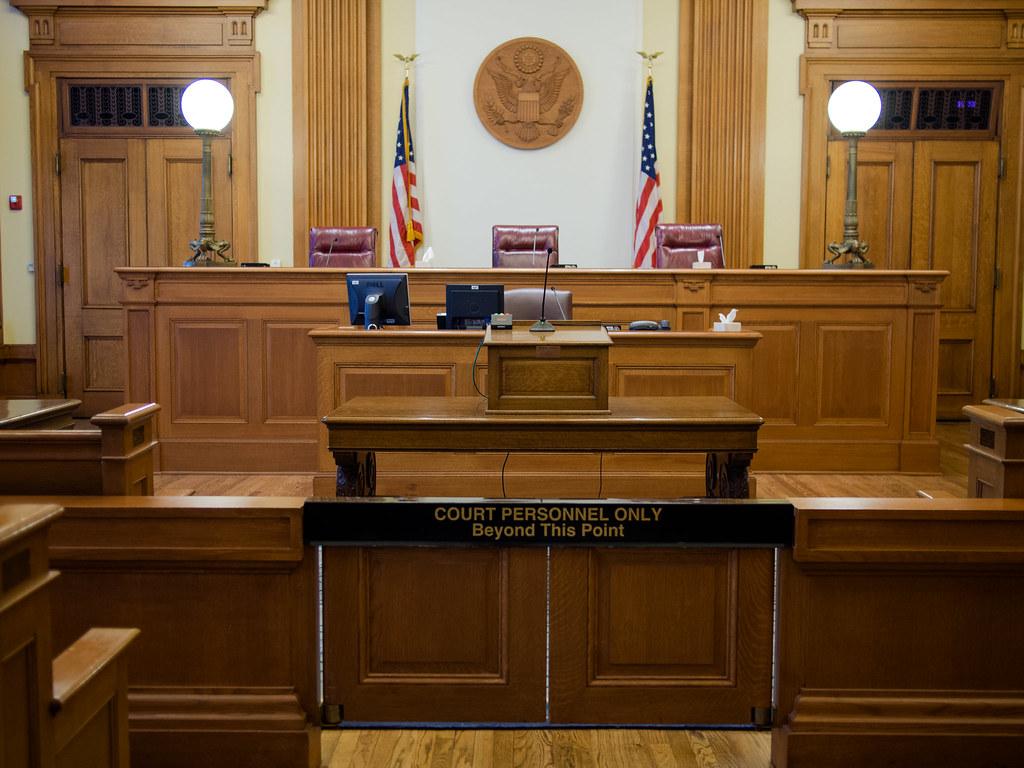
The harassment led to the company terminating its contract with Remini and Rinder. The Scientology lawyers assert that in past filings, the church has been “entitled to exercise their free speech rights to demand a broadcaster remove offensive content.”
The court does not find the conduct to be actionable, but there could be something for Remini to attach herself to as the church cannot harass podcast producers and staff to the point that they fear for their safety.

